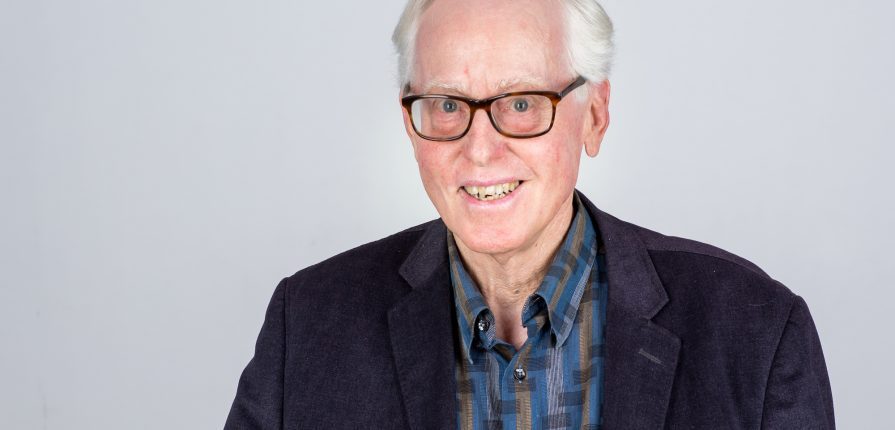Is wealth a benefit or a burden?
– people who don’t have it think it’s a benefit
– people who do often think it’s a burden
Why’s that? Because money you don’t need to sustain your livelihood with requires you to manage it – decide what to do with it, defend yourself from people who want to get their hands on your wallet, confront issues you are not skilled to deal with, like taxes, estate planning, investment management, accounting… all of which require you to sacrifice your most valuable asset: your time!
A “truth” I learned after 55 years managing my clients’ money is this: Money is only good if it’s spent!
I also learned another “truth”: People are more admired for how they spend their money than how they make it!
Let’s look at some examples
Andrew Carnegie Model: what is he most known for? Libraries or killing people?
Bill Gates? Treating disease or monopolistic business practices and his war with Steve Jobs?
The world has changed. The millennials and GenZ-ers don’t seek ways to separate themselves from everyone else, the way the “baby boomers” did. “Personal wealth” no longer puts itself in front of “personal values”.
Whether due to shame at the priorities of their parents, the absence of parental love and attention or social media encouraging them to be “liked”, young people today tend to be attracted more by personal values and positive social impact.
So what’s my message?
Don’t wait until you’re rich to spend your money! Spend it in ways that will make you admire yourself and make you want to love yourself, and be admired and loved by others.
As members of the business community, focusing your attention on achieving positive personal values – I think you can agree – will not only impact how you spend your money, but how much money you make!
If I were to put on a “management consultant’s hat” and advise your business, I would ask you, “How do you attract customer loyalty?”
To be a successful business, you don’t have to create a product or service that’s new and disruptive, you just have to deliver an existing one in a way that is better… more reliable, more customer friendly, less complicated, more admirable.
Here’s another “truth”: if people like you, people will find a reason to do business with you; if they don’t like you, they’ll find a reason not to! And there are two groups of people whom you should ensure like you: your employees and your customers!
Four simple things your company might do:
1) Give your employees paid leave for one or two days a month to volunteer at a community charity.
2) Have your company match each employee’s donation to a qualified community charity up to $1,000 per year.
3) Have your company provide management skills to non-profits to help them organize and operate more efficiently their charitable programs.
4) Sponsor a social impact program aimed at serving children – like building a new playground at a popular city park – or the elderly – a class teaching them mobility and balance skills, common needs in most communities.
Anything you or your company can do to positively impact your community will positively promote your brand in a way
that creates valuable friendships.
If your company has already established a foundation, invest a portion of the assets as Risk Capital in social impact DIBs and OBFs. If pre-agreed upon social impact goals are achieved within a 3-5 year time period, your company will be returned its investment – plus a modest return – enabling the money to be recycled and invested in another social impact program. Unlike being asked to donate a portion of your company’s profits to charity each year, the corporate foundation – through recycling investments through DIBs – won’t require profits to be diverted and will magnify your company’s charitable image.*
Charles Feeney, an American entrepreneur who invented Duty Free, died last month at 92, after giving away all of his wealth ($8billion) anonymously while alive, more than anyone in history. This is how he explained what he did:
“I cannot think of a more personally rewarding and appropriate use of wealth than to give, while one is living, to personally devote oneself to meaningful efforts to improve the human condition.”
And if you perform a charitable act you just may find it transformational!




Recent Comments